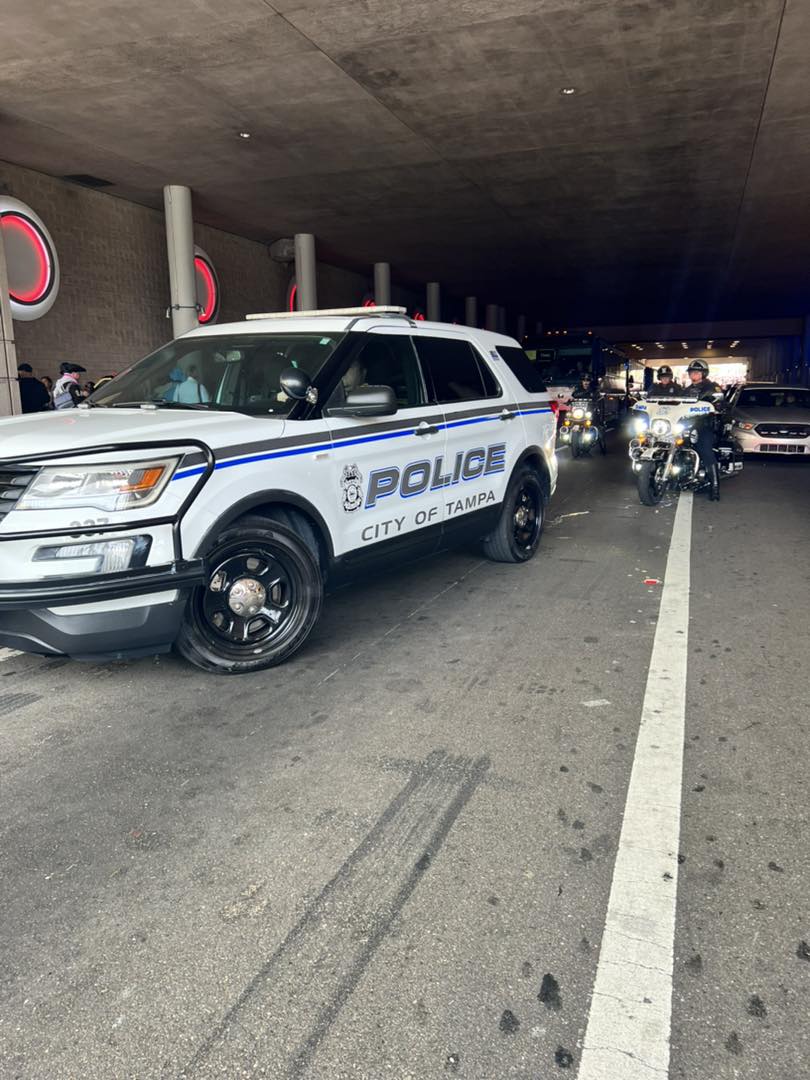This article is a few months old now, but I think it’s an incredibly important area of research and something that explains a lot of why America is like it is and how red states stay red.
Excerpt,
A study I co-authored with fellow researcher Kevin Morris, published in December in the American Political Science Review, finds that traffic stops by police stops in Hillsborough County reduced voter turnout in 2014, 2016, and 2018 federal elections.
Our study compared the voter turnout of Hillsborough motorists who were stopped by police shortly before and after each election. Drawing on information about each person’s turnout in past cycles, we found that these stops reduced the likelihood that a stopped individual turned out to vote by 1.8 percentage points on average. The effect held when accounting for characteristics like race, gender, party affiliation, past turnout, and prior traffic stops to improve our comparisons. The discouraging effect of stops was slightly higher in 2014 and 2018.
These results make clear that the collateral consequences of policing—including worsening outcomes for economic security, educational attainment, and health—also extend to political participation. If the communities who are most frequently subjected to policing are also discouraged from voting as a result, it could create a vicious feedback loop of political withdrawal.
Why would traffic stops make people less likely to show up to the polls? Past research has already established that the most disruptive forms of criminal legal contact, like arrest and incarceration, discourage people from voting. Our study shows that low-level police contact matters in the same way. If a traffic stop makes a motorist fear that the government will harm them, it can prompt a withdrawal from civic life that political scientists call “strategic retreat.” Motorists might worry that a routine traffic stop could escalate into police violence, a more common outcome for Black people in particular. Beyond justified fears of violent victimization, voters might also bristle at the perception of being targeted to raise revenue through excessive ticketing. Accordingly, if incarceration ‘teaches’ would-be voters that their government is an alienating and harmful force in their lives, traffic stops could catalyze a similar form of ‘learning.’
Full study is available here, and here’s an archived thread from a dumb website where one of the research study authors answered questions.



Hard disagree. What makes them truly “evil” is when they cross over to being so stubborn as to be uneducatable. Before then, they’re just “bad”.
I’m talking about education from the beginning, at an early age. Babies aren’t born evil, it is learned. I don’t disagree with you about stubbornness and hate. It’s dangerous and dehumanizing to think of them as just evil. They are victims of abuse, indoctrination and material conditions. I’m not excusing the “evil” actions, just hoping people understand they are victims of circumstances. That’s why they don’t see themselves as racist. In their world/view they are not. We have to continue to educate them. When that fails, violence becomes the only option. You can’t compromise with fascism.
Again, I have to disagree. Babies are born narcissistic - nearly evil, and they need to be raised by parents out of becoming evil. Evil is humanity’s natural trajectory, through which it will naturally sail if not impeded.
I did not get ruthlessly abused by an entire species of people who only needed “education” to stop them from abusing me - I got ruthlessly abused as a child by people who were born ruthless and were raised by monsters who weaponized their children.
On the contrary, it’s humanizing them think of them as evil; that’s what humanity is. And you all consider me a “freak” because I had my bad parts tortured out of me. That’s why you abuse me to this day - because I refuse to act as badly as you all do.
Psychologist disagree with this notion. Sorry if you were abused, it’s not your fault.
That’s doesn’t disprove anything I’ve said - it only states it in a way that you’ve confused for disproval. It only lies about people universally restraining violent impulses. Sure, they restrain them toward either their own social groups or other social groups more powerful than their own, but they let fly at anyone they think they can get away with. That’s society in a nutshell: The only thing stopping mass murder is the doubt they can get away with it. Once doubt is removed, so are all inhibitions - which will always be the case for the “other” against whom all human beings agree to act.
No one believes this. Certainly not enough to actually do anything about it. No one was arsed enough to actually stop the abuse, to actually kill my abusers, so I have no reason to believe that anyone actually disagrees with my abuse. I’ll believe people are against abuse when they start stacking the bodies of abusers like cordwood.
Humans aren’t inherently evil. We’re injerently adaptive, and current circumstances tend to reward some traits associated with antisocial behavior.